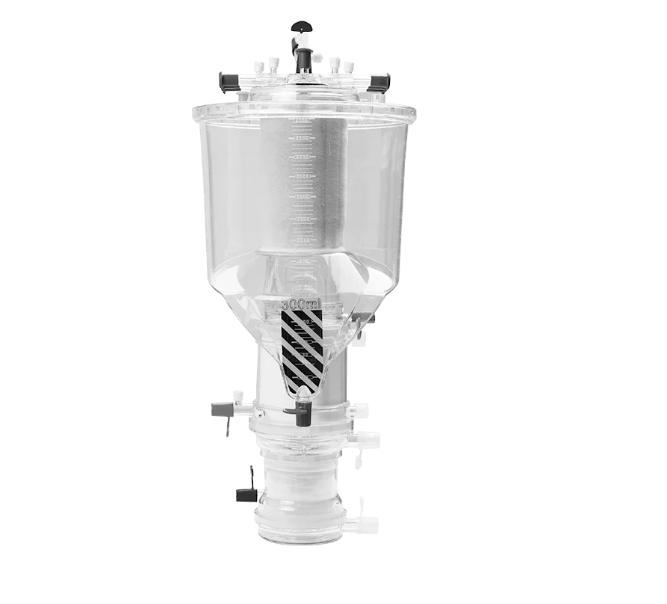Extracorporeal membrane oxygenation (ECMO) is a critical intervention used in the management of patients with severe respiratory or cardiac failure. As a complex therapy, ECMO employs a membrane oxygenator to facilitate gas exchange outside the body, providing vital support when conventional treatments are insufficient. This article explores the specific indications for membrane oxygenation, shedding light on its role in critical care.
Indications for Membrane Oxygenation in Respiratory Failure
In cases of severe respiratory failure, membrane oxygenation is often indicated when a patient exhibits inadequate oxygenation despite optimal mechanical ventilation strategies. Conditions such as acute respiratory distress syndrome (ARDS), pneumonia, and severe asthma exacerbations may necessitate the use of ECMO. The ability of the membrane oxygenator to effectively oxygenate venous blood allows for improved oxygen delivery to tissues, crucial in preventing organ dysfunction.
Additionally, patients undergoing lung transplantation may also benefit from membrane oxygenation as a bridge to surgery. In these scenarios, the membrane oxygenator can maintain adequate oxygen levels while supporting the patient until the transplant is complete. This application highlights the essential role of ECMO in managing life-threatening respiratory conditions when traditional methods fail.
Indications for Membrane Oxygenation in Cardiac Failure
Membrane oxygenation is similarly vital in managing patients with severe cardiac failure. Conditions such as cardiogenic shock, acute myocardial infarction, or cardiac arrest may warrant the use of ECMO to support circulation and enhance oxygen delivery. In these situations, the membrane oxygenator aids in maintaining perfusion while allowing for recovery or further interventions.
For example, during cardiac surgery, ECMO can serve as a temporary support mechanism when the heart’s function is compromised. This use of membrane oxygenation helps ensure that blood flow remains stable, which is particularly important during complex procedures. The integration of ECMO into cardiac care protocols demonstrates its versatility and critical importance in life-saving scenarios.
The Future of Membrane Oxygenation in Critical Care
As medical technology advances, the role of membrane oxygenation continues to expand, enhancing its applications in both respiratory and cardiac failure. Ongoing research and clinical trials aim to refine ECMO techniques and improve patient outcomes. Companies like WEGO Medical are at the forefront of this evolution, providing innovative membrane oxygenators that integrate multiple functions, including blood oxygenation and filtration.
In conclusion, the indications for extracorporeal membrane oxygenation are multifaceted, addressing severe respiratory and cardiac failures. The ability of membrane oxygenation to improve oxygenation and support circulation is critical in critical care settings. As the field progresses, the collaboration between medical providers and companies like WEGO Medical will be instrumental in advancing ECMO technology, ultimately improving patient care.
